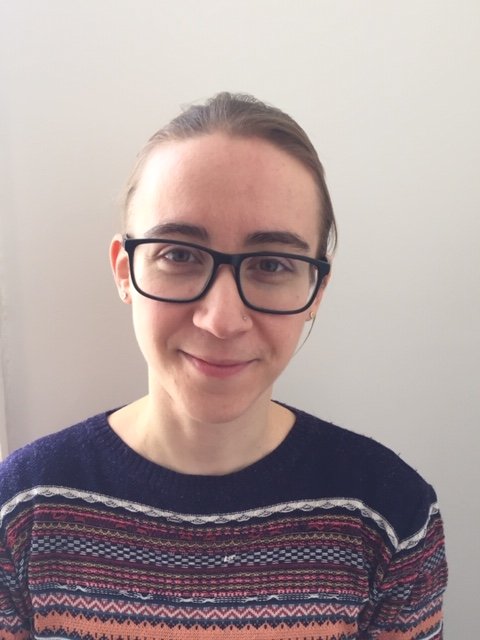About me: Qualifications, Background and Training
I am a BACP registered and UKCP accredited psychotherapist, and hold a Diploma in Integrative Counselling (2019) as well as an MA in Integrative Counselling and Psychotherapy (2021), both from the Minster Centre. I am also a qualified Somatic Experiencing Practitioner, registered with the European Association for Somatic Experiencing.
I'm an integrative psychotherapist, which means that I draw on a few different theories in my work with clients. My core training, which spanned 5 years, covered Object Relations (how our first relationships live on in us), Humanistic principles, Body Psychotherapy, Attachment Theory (how we connect with our caregivers and loved ones), Diversity/Intersectionality, Relational Psychoanalysis, and Psychological Developments in Neuroscience. Jargon aside, these different theories shape a lens through which I support you to explore your experience with different reference points, including: how your early experiences show up in your present life; how you experience yourself in the here and now, and the meanings you attribute to your behaviours, beliefs, and emotions; how you experience relationships (both with yourself and with others), and how this aligns with your values and desires.
I'm passionate about working with embodiment, especially as a way to get close to experience that may be difficult to put into words. Practically speaking, for me working with embodiment means including an awareness of movement, impulses and sensations in building our understanding of how you live, and make meaning of, your experience in the present moment. In addition to my psychotherapy training, I am also a qualified Somatic Experiencing Practitioner. Somatic Experiencing is a body-centred modality for working with trauma and stress, which focuses on working with emergent patterns of nervous system regulation.
While I'm informed by these theoretical models, my priority in the room is to be present to your experience, and for us to go from there. As a result, the way I work with clients can be pretty varied, based on the material they bring, the things they find challenging, the ways they tend to process experience, etc.
Prior to my training as a therapist, I was a biologist and later worked in health and social care: first in the NHS supporting people with chronic illnesses in an inpatient setting, and later for an LGBTQ+ charity, as a trainer for professionals working with young LGBTQ+ people, facilitating youth groups and support groups, and running workshops for young people on themes relating to mental health and wellbeing. Most recently, alongside my private practice, I worked as a Specialist Support Worker for people with severe learning disabilities and multi-sensory impairment.
I have experience of working with issues including but not limited to: self esteem, trauma, abuse, health conditions and chronic illness, identity, sexuality, depression, anxiety, addiction, obsessive thoughts and compulsions, relationship difficulties, managing boundaries, questions about belonging, and feeling disconnected from oneself. I have substantial experience of working with neurodiversity, especially autism and ADHD, and take a neurodiversity-affirming approach to my work with clients. I also have a specific interest in questions relating to identity and diversity in its broadest sense.
My training was accredited by the BACP and UKCP, and I follow both the BACP Codes of Ethical Practice and the UKCP’s Ethical Practice and Codes of Professional Conduct.


